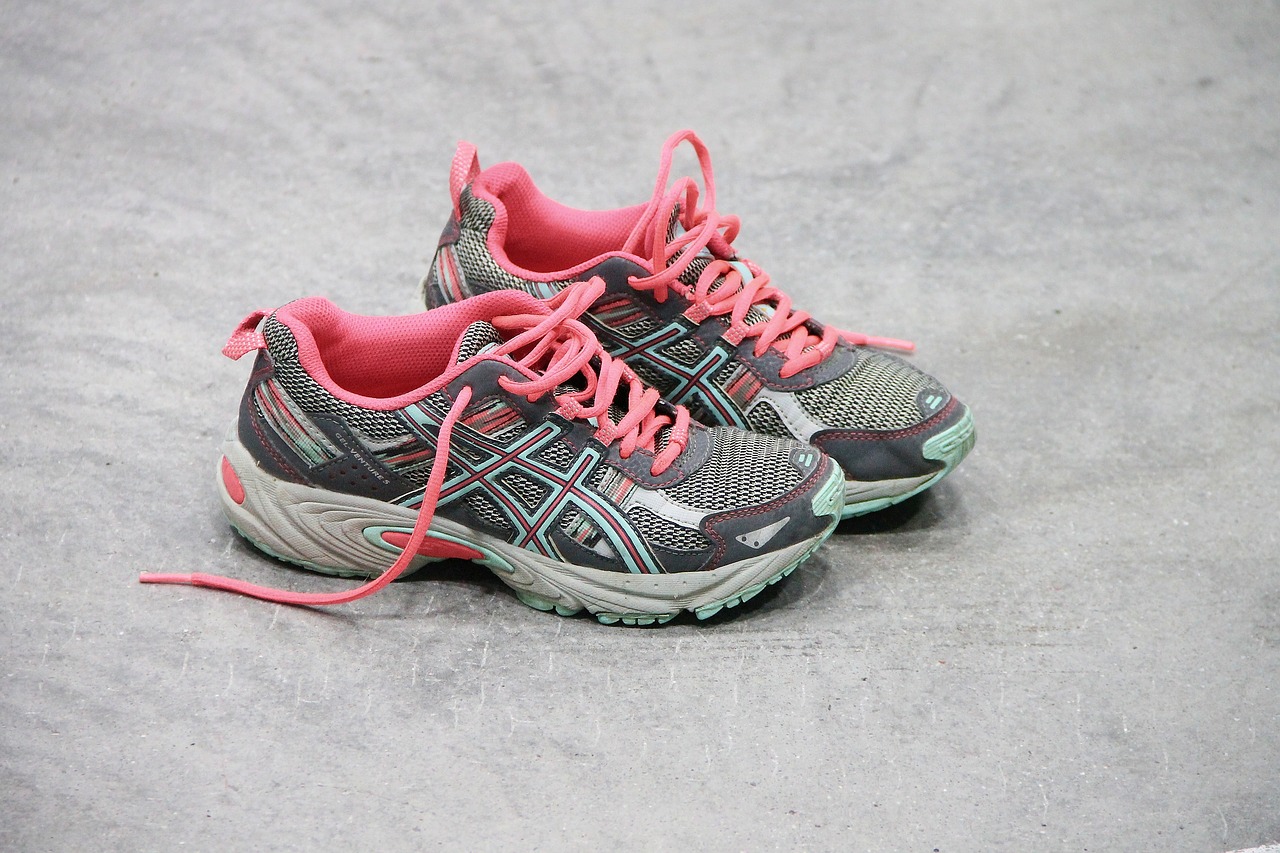
Many of you have probably noticed the headlines about high inflation rates. Over the past year, inflation has risen by over 7 percent. It may only seem like a number that the talking heads on TV and youtube espouse. And, maybe, you have noticed some increased dollar costs at the end of the trip at the supermarket. Or, perhaps take-out from the restaurants that you like the most are a bit more expensive. Then, of course, your gas tank is a lot more costly to fill.
Taken individually, it may not seem like much. But it is probably more than you think when you add it all up. So, let’s discuss why folks with fixed, regular incomes like you tend to get battered the most. And then let’s talk about how you can potentially prevent the year from eating up your entire salary.
Why Inflation Significantly Impacts Residents
Annual Incomes Are Already Set For The Year
Often, hospitals create residency salaries before calculating the following year’s cost of living. Therefore, you may notice that your income does not meet the increase in the cost of living for this year. This relative decrease in salary can undoubtedly give you far less room to squeak by.
Most Residents Are Not Asset Owners
People who own assets such as houses don’t have to worry about rent increases because their mortgages don’t change. But unfortunately, most residents are not in that boat. Additionally, trainees do not have as many stocks, cryptocurrency, or other hard assets that rise with inflation. So, you are at a distinct disadvantage.
Increase In Prices Eat Into A Regular Salary Without Much Room For Discretionary Income
First of all, your salary is typical for the United States workforce. But, the ordinary person in the United States lives paycheck to paycheck. So, this increase in prices will take a significant bite out of your annual budget, especially when you have very little room for discretionary income, to begin with.
What To Do To Prevent More Pain!
Moonlighting
Not everyone has this opportunity available. But, if your residency has this option, you may want to think about participating. In-house moonlighting can help defray the additional costs of a high inflation rate, perhaps at the current inflation rate or even more. Plus, it will also allow you to sharpen your independent radiological skills.
Sharing Apartments/House Hacks
Did you not want to share an apartment with colleagues when we had a more normal inflation rate of two percent? Well, maybe it may make more sense now. Overall, rentals will sharply increase in price this year for much of this year. And so, sharing the entire bill may make a lot of sense.
Or if you are fortunate to already own a property in the area. Maybe, you would want to rent part of it out this year to decrease your costs. This move can also significantly reduce the cost of inflation in your regular salary!
Strict Budgeting For Times Of Inflation
Lastly, if you are a prodigious spender, you may want to rethink this lifestyle, especially this year. Budgeting and tracking expenses closely can help decrease your annual costs and prevent the paycheck-to-paycheck lifestyle with high credit card debt. Use a spreadsheet or an application. Either way, this method may help to avoid overspending related to inflation!
Inflation And Residency
More than any other time in your career, inflation can eat away at a higher percentage of your annual income since your residency salary is relatively lower than what you will make eventually. Also, most residents don’t have the assets to decrease the influence of an inflationary world. Therefore, it can be tougher to make ends meet than a typical year.
Nevertheless, you can use some of these tools to prevent inflation from impacting too much. And hopefully, we will see some improvement in the following years and get back to a baseline lower inflation status!










